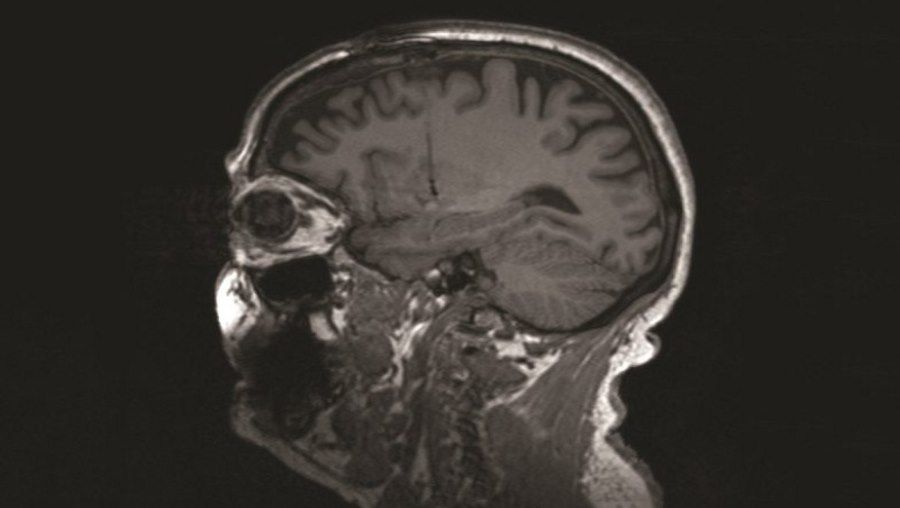The researchers located the brain region responsible for pessimism
Research conducted by scientistsow from the Massachusetts Institute of Technology showed that stimulation of the caudate nucleus induces a pessimistic nastroj, ktory influences decision-making. A publication on the subject appeared in the journal „Neuron”.
Many patientow with disorders, such as anxiety or depression, experience negative moodsoin, whichore cause them to focus more on the downside of a situation than on the potential benefits of it. In animal studies, researchers showed that stimulating the caudate nucleus prompted them to make more negative decisions.
Macaques participating in the experiment, ktohe caudate nucleus was stimulated, attached more importance to the predicted minusoin a given situation in cfown relation to animals in whichorych this region mozgu was not stimulated. The researchers also noted that this pessimistic decision-making process can last up to the day after the initial stimulation.
– Disorders such as anxiety or depression are very difficult to treat, and a great many people suffer from themob. We think our study will be able to helpoc these individuals – said Ann Graybiel of MIT, head of theowna author of the publication.
Scientists had previously identified the circuitod nervous, whichory underlies a specific decision-making process known as the strive-avoid conflict. These types of decisions, whichore require considering the positives and negatives of a situation, caused great anxietyoj. Researchers have observed roalso found that stress significantly affected this type of decision-making. Greater stress tended to lead to selection of high-risk options, but roalso high benefit.
In the new study, the researchers wanted to see if they could replicate the effect ktory often occurs in peopleob with depression, anxiety or obsessive-compulsive disorder. These patients tend to engage in ritualistic behavior thatore to combat negative thoughts and assign more weight to the potential negative outcome of a situation.
To test this hypothesis, the researchers stimulated the caudate nucleus, a region of the mozgu associated with emotional decision-making, using an electric charge. Animals were offered a reward of juice combined with an unpleasant stimulus, ktorym was a blast of air in the face. In every probie ratio nagrod to unpleasant stimuliow was different, and the animals could decide whether to accept the reward or not.
This type of decision-making requires a cost analysisow and benefits. If the reward is high enough to zrobalance unpleasant stimuli, animals choose to accept it, but when this proportion is too low, they reject it.
When the researchers stimulated the caudate nucleus, a cost calculationow and benefits became distorted, and animals began to avoid combinations thatore previously accepted and less likely to reach for the juice. The findings suggest that animals have begun to devalue the reward, whichorej previously demanded and focused more on unpleasant stimuli.
Researchers have discovered roalso that wave activity mozgowych in the caudate nucleus was altered when decision-making patterns changed. This change could serve as a marker to monitor whether patients respond to drug treatment.
The findings may helpoc scientists in better understanding how theob arise someore of the paralyzing effects ofoin depression and anxiety and pomoc them in developing new treatments.
